David Cameron
Member of Parliament (since 2001). Leader of the Conservative Party (since 2005). Prime minister of the United Kingdom (since 2010).
25 articles
by David Cameron
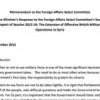
London (United Kingdom) | 26 November 2015
by David Cameron
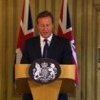
London (United Kingdom) | 28 August 2014
by David Cameron
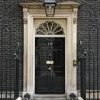
London (United Kingdom) | 19 February 2014
by David Cameron
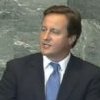
New York (USA) | 26 September 2012
by Angela Merkel, David Cameron , Nicolas Sarkozy
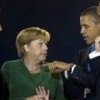
23 January 2012
by David Cameron
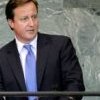
New York (USA) | 22 September 2011
by Barack Obama , David Cameron , Nicolas Sarkozy
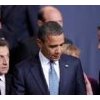
15 April 2011
by David Cameron
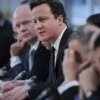
London (United Kingdom) | 29 March 2011
by David Cameron , Nicolas Sarkozy
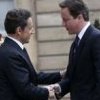
28 March 2011
by David Cameron
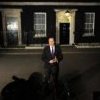
London (United Kingdom) | 19 March 2011
by Barack Obama , David Cameron , Nicolas Sarkozy

18 March 2011
by David Cameron
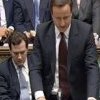
London (United Kingdom) | 14 March 2011
by David Cameron , Herman Van Rompuy , Nicolas Sarkozy

London (United Kingdom) | 9 March 2011
by David Cameron
London (United Kingdom) | 28 February 2011
by Angela Merkel, David Cameron , José Luis R. Zapatero , Nicolas Sarkozy , Silvio Berlusconi

3 February 2011